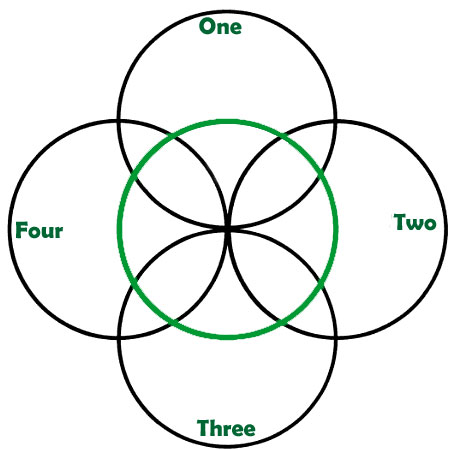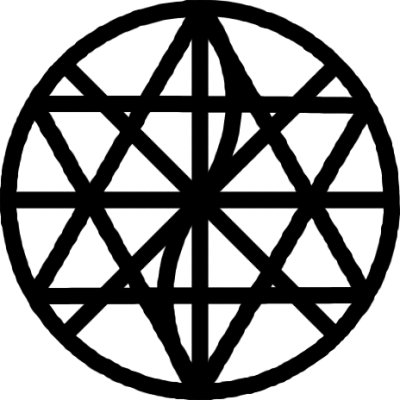"Critical thinking" and "critical thinking skills" are popular defenses for what students learn in advanced high school courses and college, especially in Humanities (incl. Literature) and Sciences.
Critical thinking involves many overlapping, reinforcing or limiting aptitudes or processes. Most people regard such abilities as mystical gifts that one either has or doesn't.
One unifying approach is that critical thinking is awareness or self-consciousness of thought processes, the ability to regard a particular thinking skill as a tool or instrument with particular applications and limits.
As with any tool, knowing how critical thinking works can help us use it better.
so far, no single activity develops intellect like print-literacy
intelligence thinks in language > symbols, categories / classification, and narratives (logic)
most people can speak well enough, but literary studies get beyond instinct and reflex to learn, criticize, explore, enhance
catch: no moment where you get to stop, where you get the answers and get to rest
What a symbol like "blood" finally means is not as important as how it means
not to learn answers but questions and how to ask them and refine them and keep learning
Types of critical thinking
![]() classification or taxonomy
classification or taxonomy
![]() definition
and example
definition
and example
![]() cause and
effect
cause and
effect
![]() dialectic
/ dialogue ("yes, but"): exchange of
ideas sharpens thinking, identifies blind spots, resolves contradictions.
dialectic
/ dialogue ("yes, but"): exchange of
ideas sharpens thinking, identifies blind spots, resolves contradictions.




